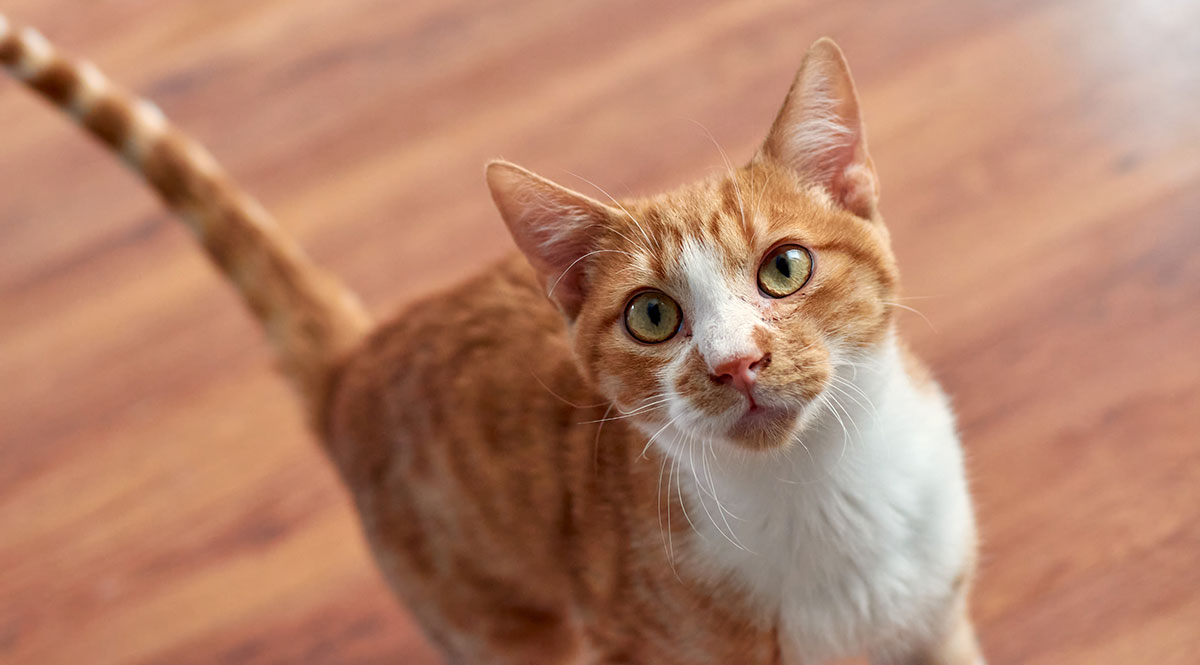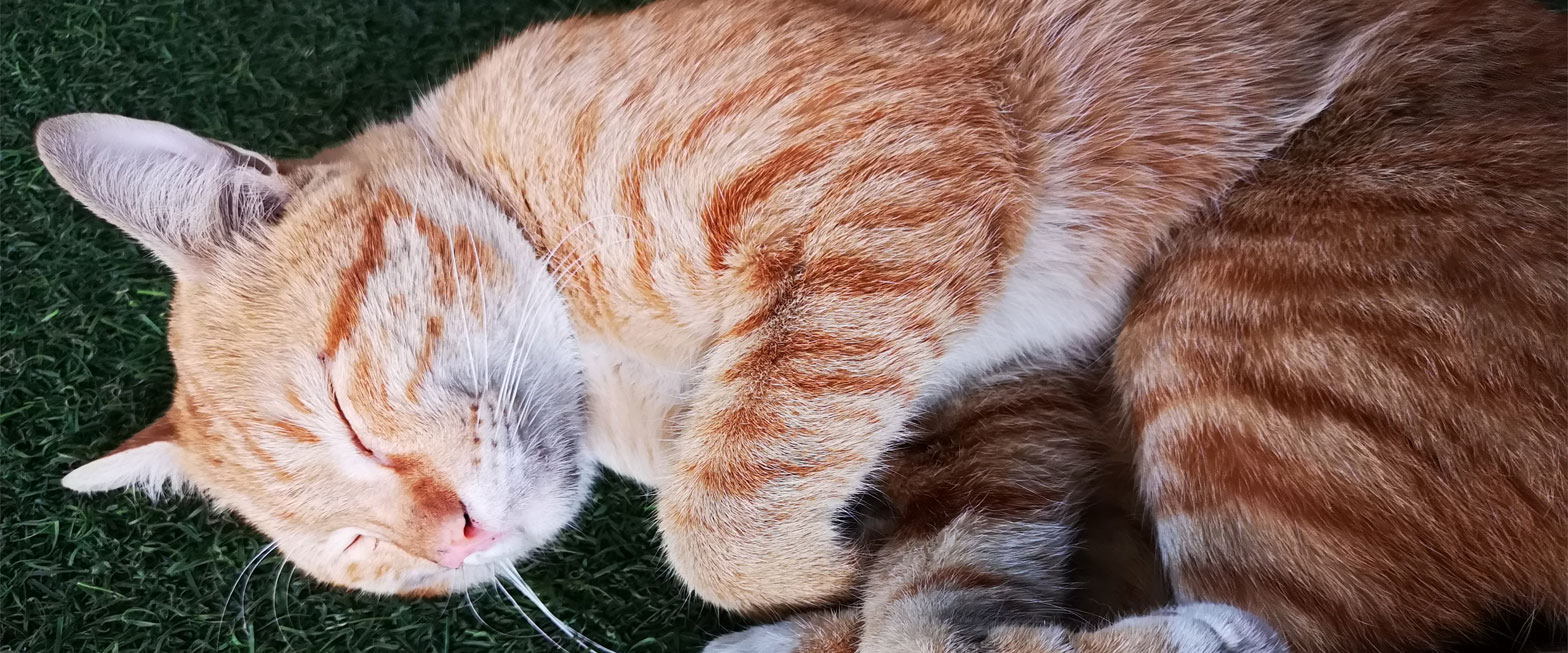
Feline Radioactive Iodine Therapy (I-131)
Hyperthyroidism is one of the most commonly diagnosed endocrine (hormonal) disorders in cats. This serious disease affects middle-aged and older cats (about 10% of cats over 10). The average age of diagnosis is at around nine years, but cats as young as five have been diagnosed.
While life-long medication and surgery exist to treat hyperthyroidism in cats, the most effective and preferred treatment is radioactive iodine therapy (I-131 therapy). After a single treatment, 95% of cats with hyperthyroidism are cured. At White Haven Veterinary Hospital, our staff is fully trained and our facility is equipped to provide this highly effective treatment to cats with hyperthyroidism.
What Is Hyperthyroidism?
Hyperthyroidism is a hormone imbalance most commonly seen in older cats. There are two thyroid glands that are located on either side of the trachea. These glands can become overactive and start producing too much thyroid hormone. Excess thyroid hormone in the bloodstream is a medical problem that needs to be treated due to the dramatic side effects it has on the rest of the body.
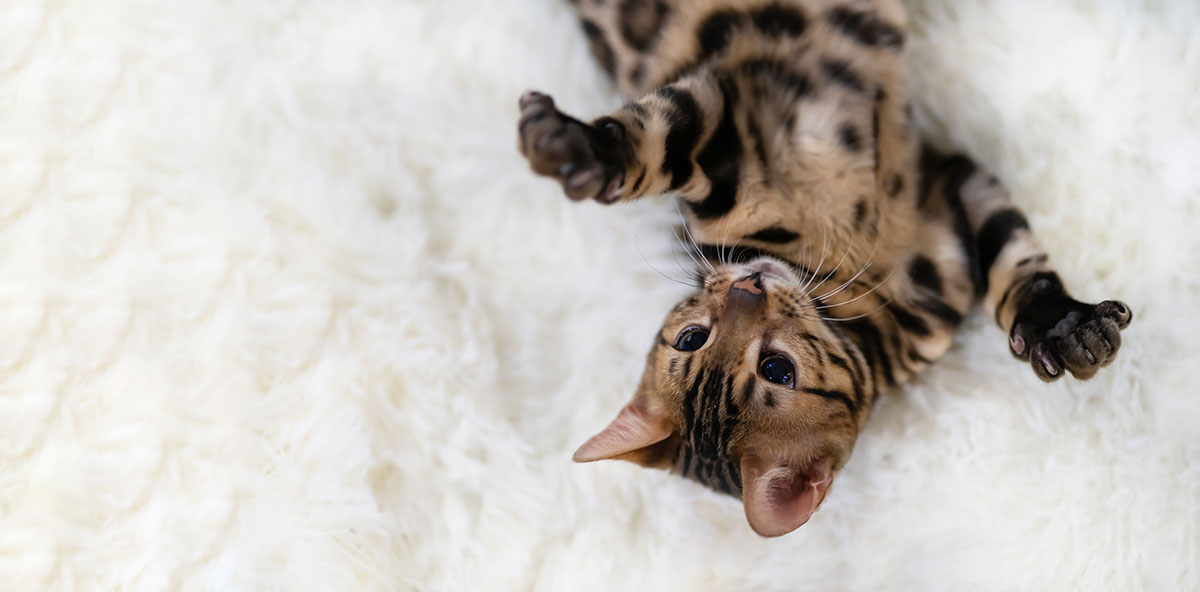
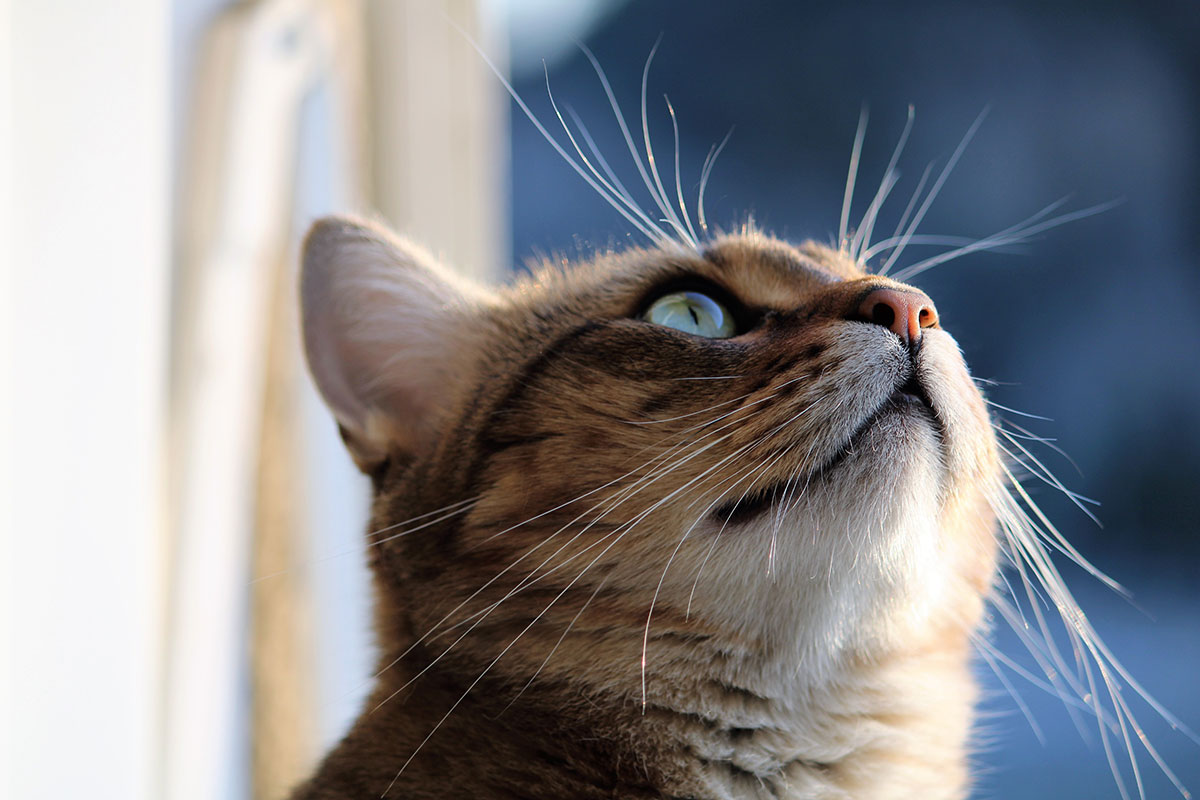
Hyperthyroidism Symptoms
- Extreme weight loss
- Excessive appetite (most common)
- Decreased appetite (less common)
- Heart disease (enlarged heart, rapid heart rate, changes in heart rhythm, and cardiac arrest)
- Muscle weakness
- Stress intolerance
What Is Feline Radioactive Iodine Therapy (I-131) and How Does It Work?
During an I-131 treatment, a dose of radioactive iodine is injected under the patient’s skin. Since the thyroid gland is the only gland in the body that concentrates iodine, it takes up the injection. The radioactive iodine then emits radiation particles, selectively destroying the abnormal thyroid tissue.
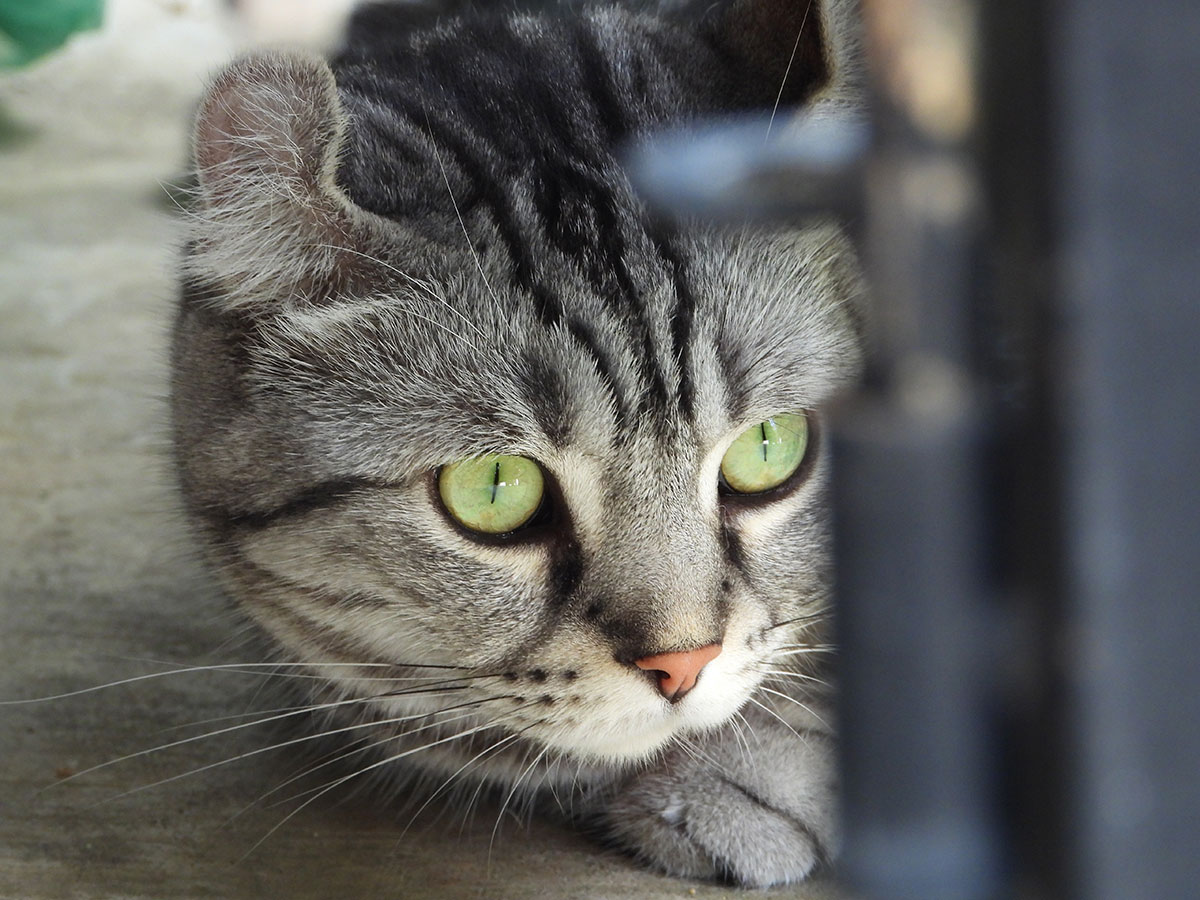
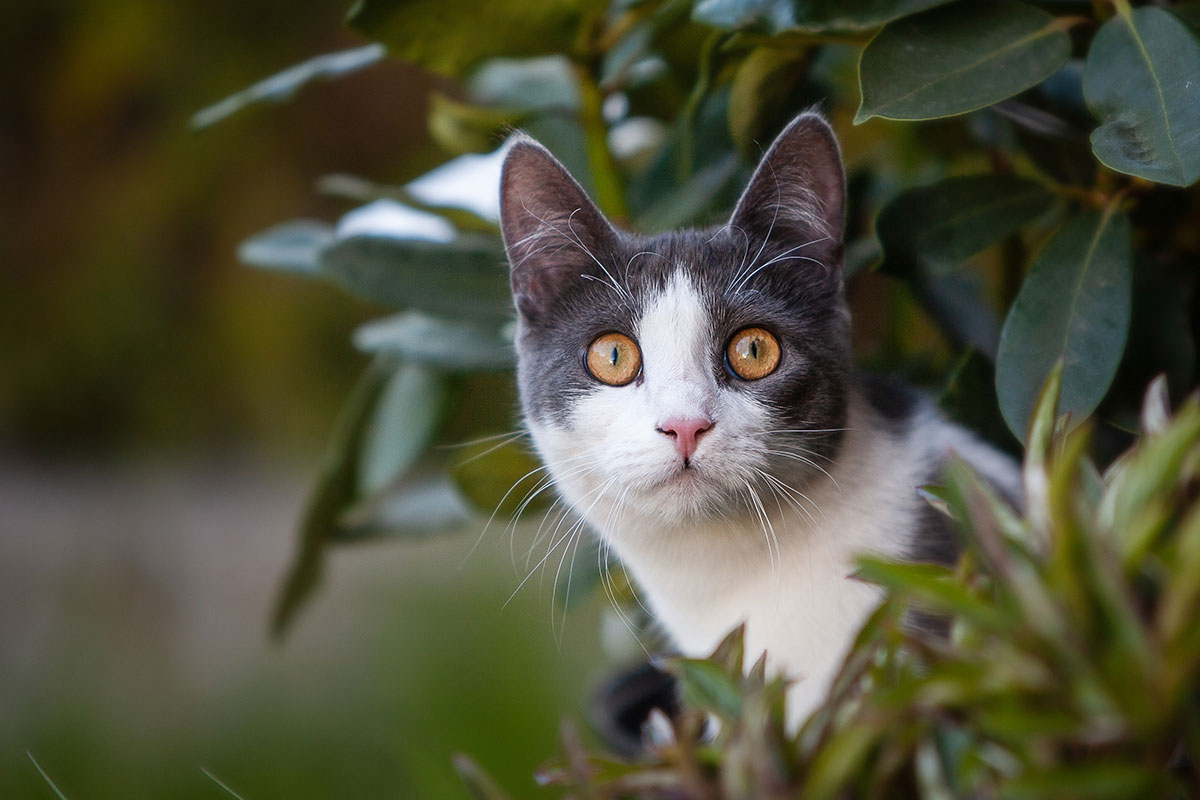
Advantages of I-131
In addition to the treatment being 95% effective at curing hyperthyroidism, I-131 requires no anesthesia and no daily medications(occasionally we will have to sedate cats to make sure the entire injection goes into the cat). It leaves healthy tissues undamaged and restores normal thyroid function within one to three months of treatment.
What to Expect with I-131 Treatment
For the safety of our patients and their family members, cats undergoing I-131 treatment must be hospitalized for five days. Our highly trained staff attends to their needs, and owners are not allowed to visit.
Additionally, we request that owners follow a few important aftercare instructions. These protocols are intended to limit potential radiation exposure. After hospital discharge, patients must be isolated inside their homes for two weeks, and only brief snuggles with their owners are permissible. Children under 16 and pregnant women should not interact with recently treated cats. For three months after treatment, the patient’s litter must be flushed daily or collected daily and stored for the entire three months before disposing of it in the trash.
While aftercare protocols might seem strict, they pale in comparison to the challenge of administering daily medications to your cat for the rest of their life. Plus, once your cat’s thyroid gland has its normal function restored, your cat’s symptoms should disappear, allowing them to live the rest of their years feeling healthy and happy.
